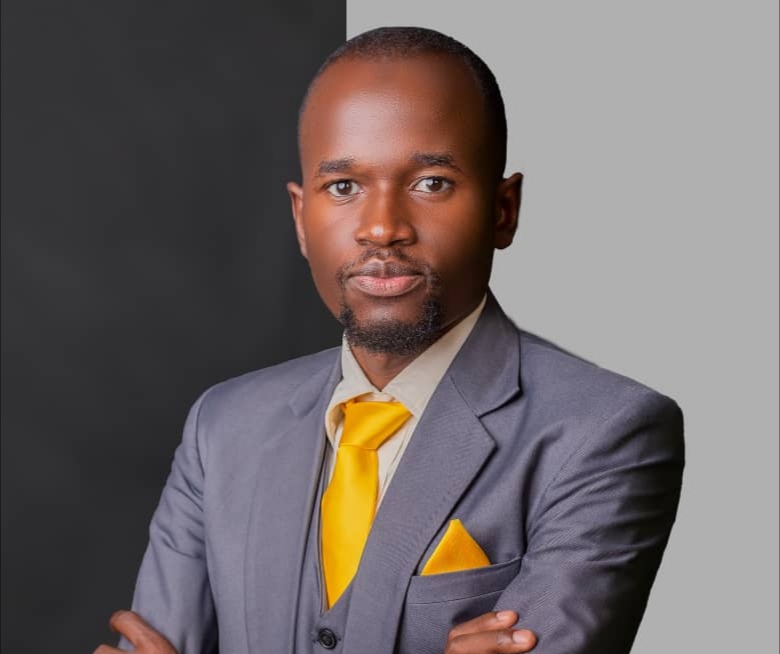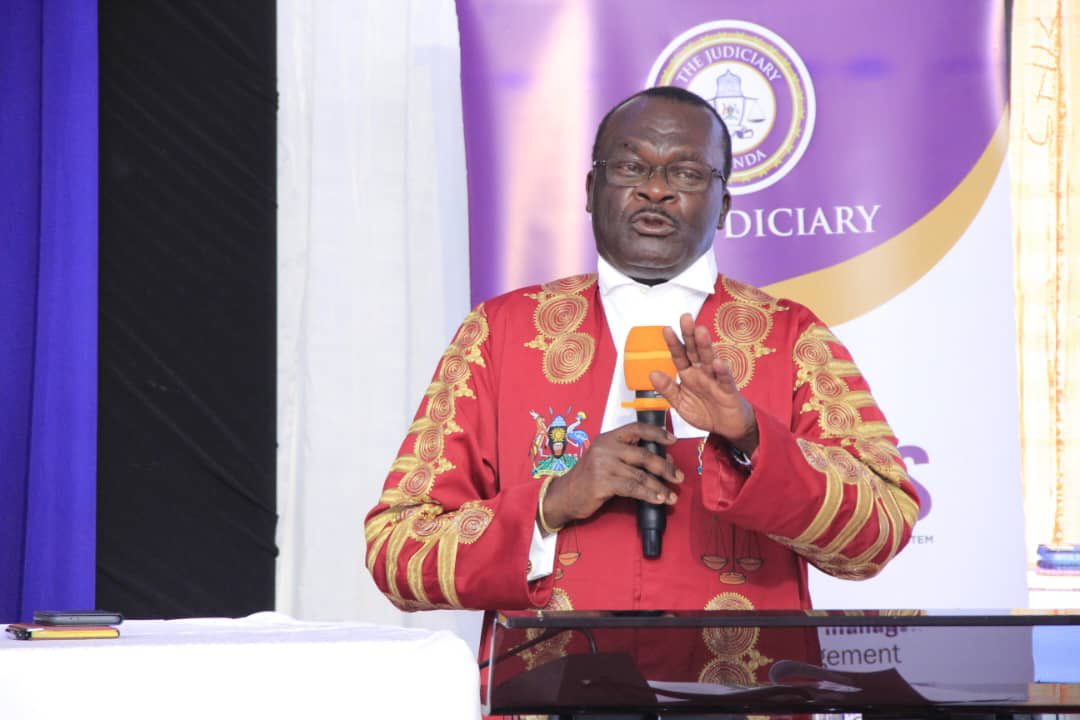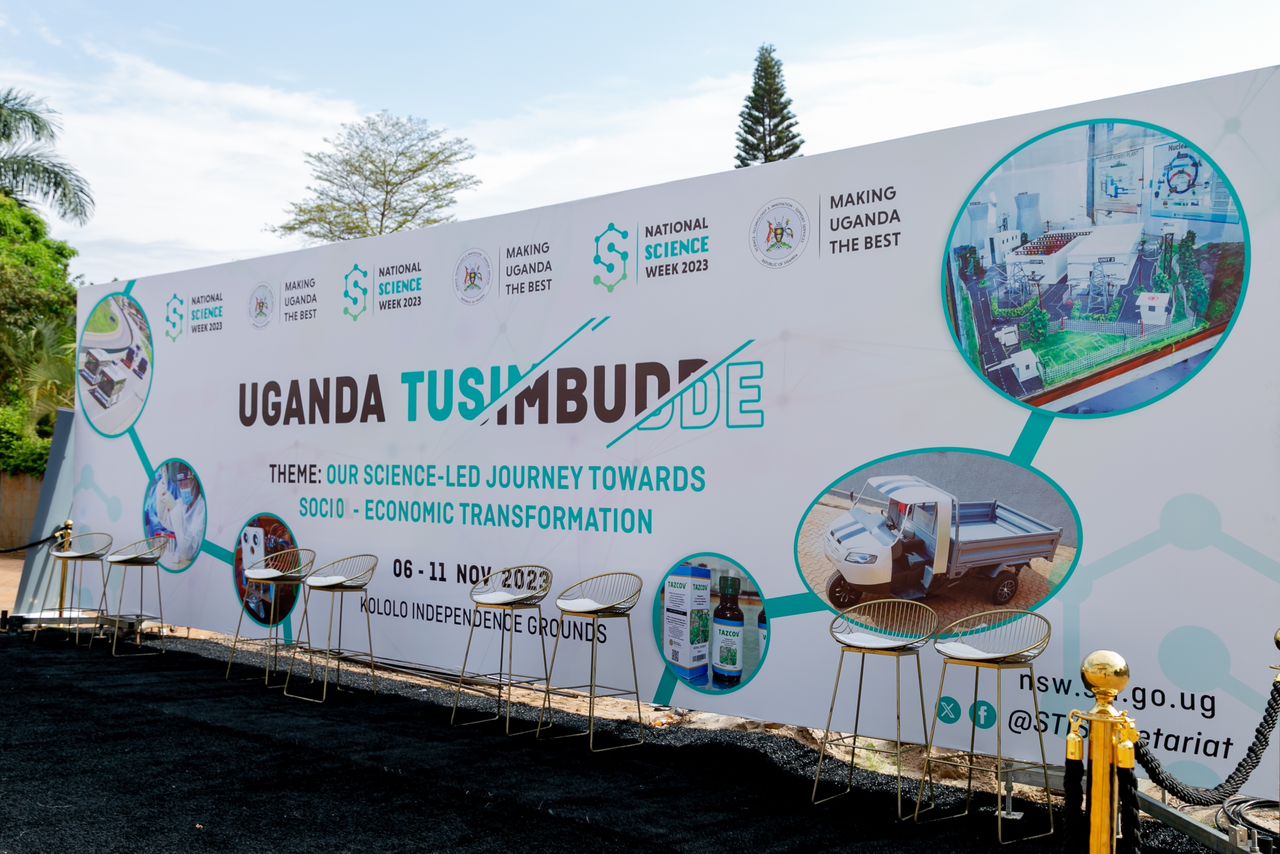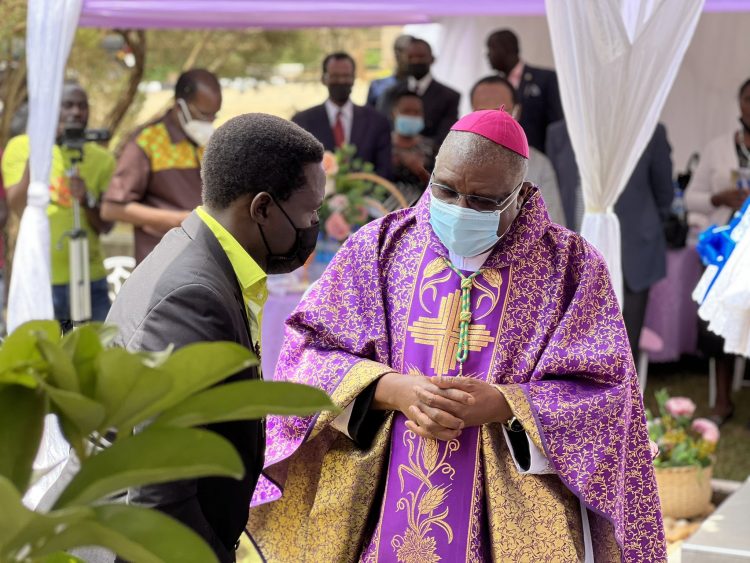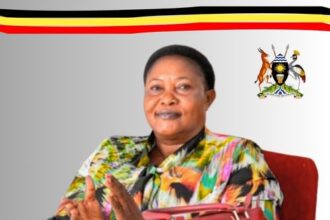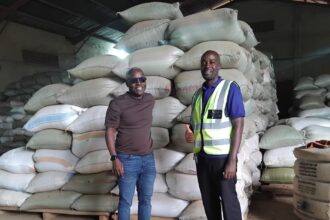In the annals of Uganda’s administrative history, Hoima district has stood as a stronghold since 1899. Recently, this district has witnessed a changing of the guard as 26-year-old Uthman Mubarak Mugisha steps into the role of LC5, following the untimely passing of his father.
Kirungi Kadir, the late LC5, had served two terms but met a tragic end in an accident while en route to Kampala for official duties. The ensuing by-election thrust Uthman into the political arena, setting him on a path to become the youngest LC5 in Hoima’s history when he is sworn into office on October 3rd.
At the forefront of Uthman’s agenda is the pressing issue of land grabbing, a longstanding problem that has plagued the district. Many locals have accused the LC5 office of collusion with land grabbers, resulting in numerous evictions that have left communities disheartened.
Residents like Nicolas Opio from Kapapi Village are looking to Uthman for a strong commitment to combat this issue, despite potential resistance from influential land grabbers whom locals allege supported his election campaign.
The specter of corruption has cast a shadow over the district’s reputation, particularly in cases involving embezzlement of market revenue by certain officials. Alinda Alice, a resident of Kigorobya village, has drawn attention to the dismal state of sub-county roads due to revenue misallocation. Additionally, a contractual dispute involving a revenue collection contractor on the district markets remains unresolved.
Kusemererwa Ismail, executive director of the Mid-western region anti-corruption coalition in Hoima, underscores the importance of Uthman taking on the issue of corruption head-on. Ismail acknowledges that Uthman’s father left a complex legacy, with some viewing him as corrupt and others as a savior. Uthman must dispel doubts and vindicate his father’s name, demonstrating that he is the right person for the role of LC5.
Uthman himself addressed these challenges, stating, “I will work with the Ministry of Lands, Housing, and Urban Development to ensure that all land titles acquired fraudulently are canceled.” His words carry the weight of his commitment to confront the issue of land grabbing and corruption.
The cloud of corruption has also cast a pall over significant projects like DRDIP, with allegations of misconduct leading to the arrest of several officials by the State House Anti-Corruption Unit. These incidents raise questions about effective decision-making within the LC5 office.
Some locals harbor suspicions that Uthman’s decisions may be influenced by his uncle, Amlan Tumusiime, the RDC of Kikuube district. These concerns stem from Amlan’s involvement in forming the district executive committee during his brother’s tenure, as alluded to during Kirungi Kadir’s burial.
The district of Hoima, at the epicenter of ongoing work in the oil and gas industry, faces additional complexities, particularly in the revival of oil royalties from the central government. Ismail emphasizes that this scenario demands vigilance from the new chairman, while also ensuring alignment with the interests of campaign funders.
To combat corruption, Uthman aims to shift the focus from job appointments and contract awards for sale to a merit-based system, an approach that resonates with the aspirations of the district’s youth.
Political analyst Wabyona Jackson, who also represents the Alliance for National Transformation party, acknowledges the limitations of Uthman’s two-year term.
He advises Uthman to prioritize building consensus within the council, considering that not all council members supported his election.
In this landscape, analysts stress that Uthman Kadir will need to work closely with the council, recognizing that it’s the same council he will rely on to pass policies and enact change.
Furthermore, he will face the challenge of managing a district executive team more experienced in politics than he is, where he must be vigilant as they have the potential to either support or hinder his initiatives.
As Uthman takes up the leadership mantle in Hoima District, his journey will be closely observed. The challenges of addressing land grabbing, corruption, road infrastructure, and effective decision-making present formidable obstacles. Balancing the legacy of his late father with the expectations and demands of Hoima’s residents will test his leadership skills and resolve.
Do you have a story in your community or an opinion to share with us: Email us at Submit an Article



